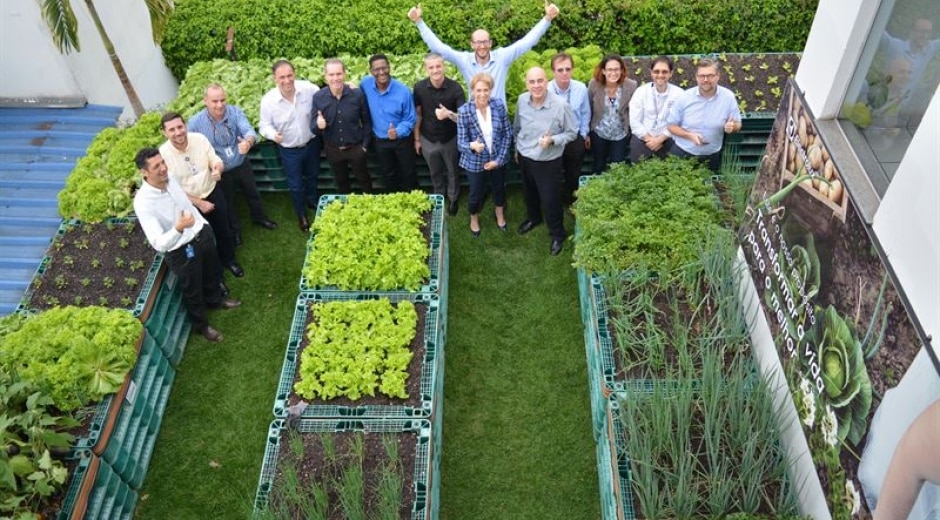Over 97% of the total waste produced at our manufacturing sites was either reused or recovered last year – and 32% of our factories are now ‘zero waste to landfill’ certified – taking us on our way to our target of zero waste sent to landfill at all our manufacturing sites by 2025.
During 2021, an extra seven factories achieved zero waste to landfill certification issued by a third party – at Manaus and Curitiba in Brazil, Adelaide in Australia, Rosario in Argentina, Olawa and Zabrze in Poland, and Susegana in Italy. Together with our factories in Sao Carlos in Brazil, Solaro and Porcia in Italy and Cairo in Egypt that were certified before 2021, 32% of plants are now certified. The Santiago factory in Chile is expected to follow in the first quarter of this year.
By implementing the Electrolux Zero Waste to Landfill program at each of our factories, we are gradually reducing the amount of waste we send to landfill. In 2021, our improved waste management ensured that 97.3% of the total waste produced at all our manufacturing sites was either reused or recovered.
An essential part of reducing our climate impact
Due to the interrelated nature of sustainability, decreasing waste helps to reduce the climate impact of our operations. This means that by being creative, our teams can reduce their waste as well as their carbon footprint.
“Working toward climate neutral operations, doesn’t just involve working with energy – it involves working with the efficient use of all kinds of resources,” says Giuseppe Caiulo, VP Group Operations Sustainability and Lean Manufacturing. “By producing less waste, we can avoid creating emissions – both caused by their disposal and the sourcing of virgin materials.”
When one of our factories is third-party certified to the Electrolux Zero Waste to Landfill program, it means that it sends less than 1% of its total waste to landfill. Additionally, certified factories must send less than 3% of their total waste to energy recovery.



